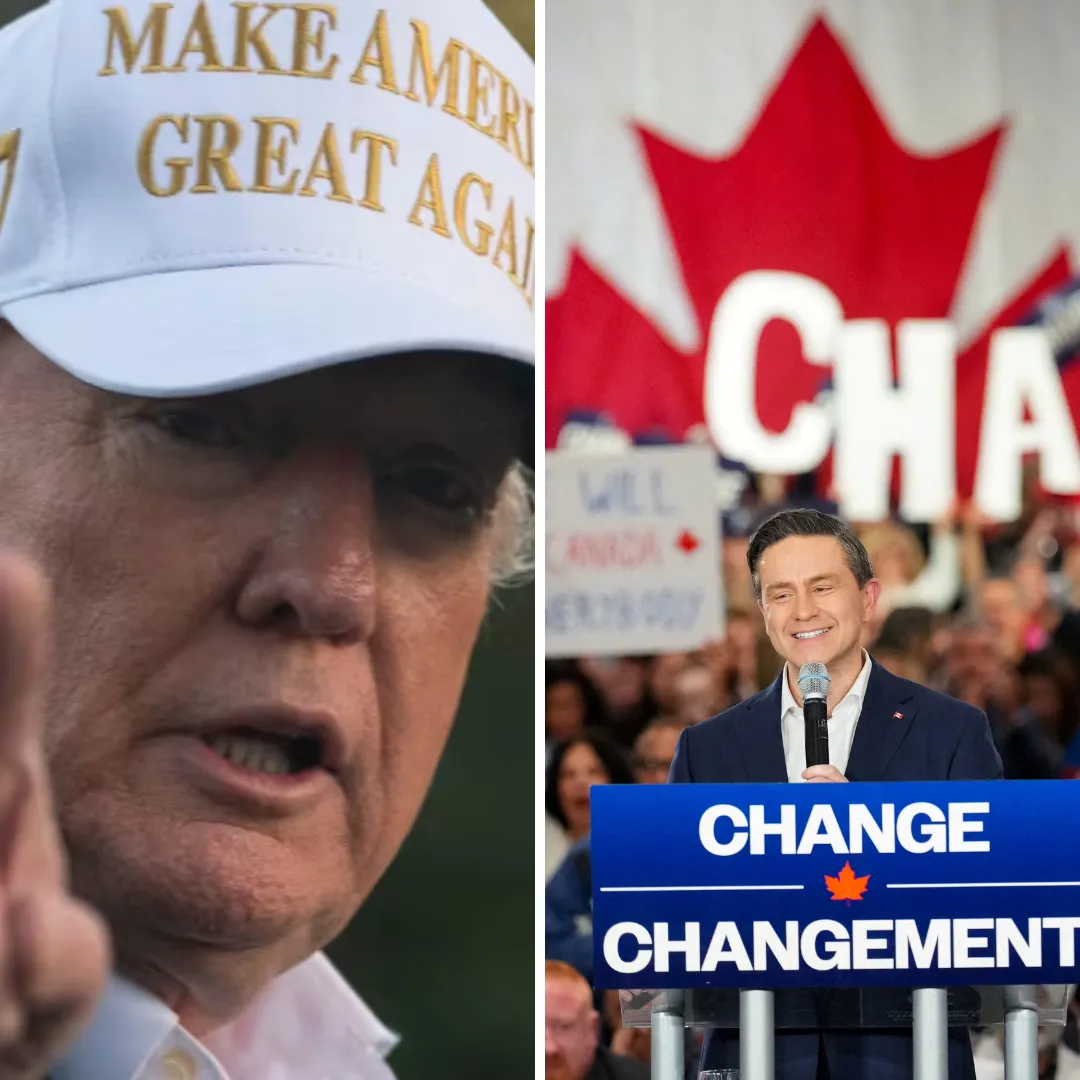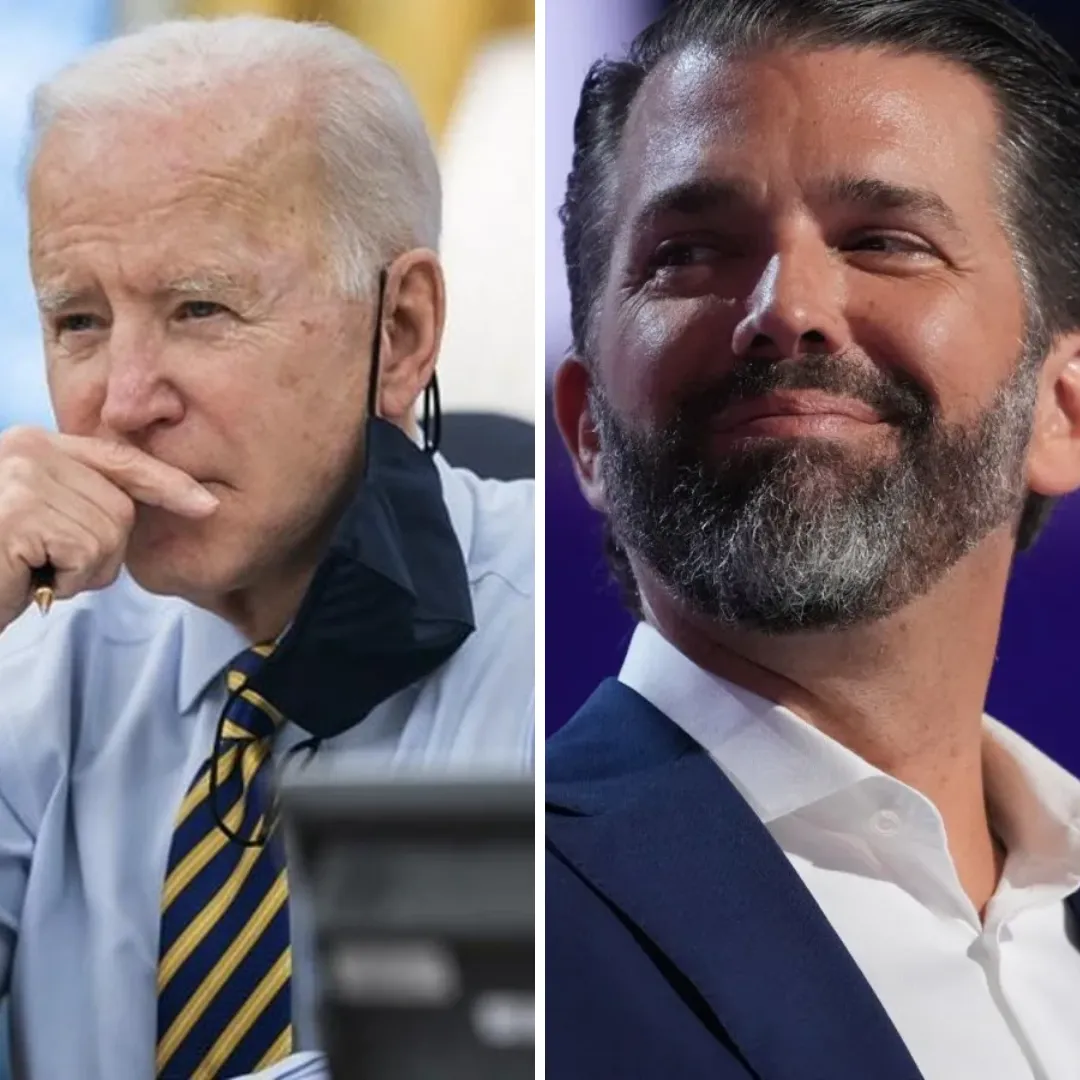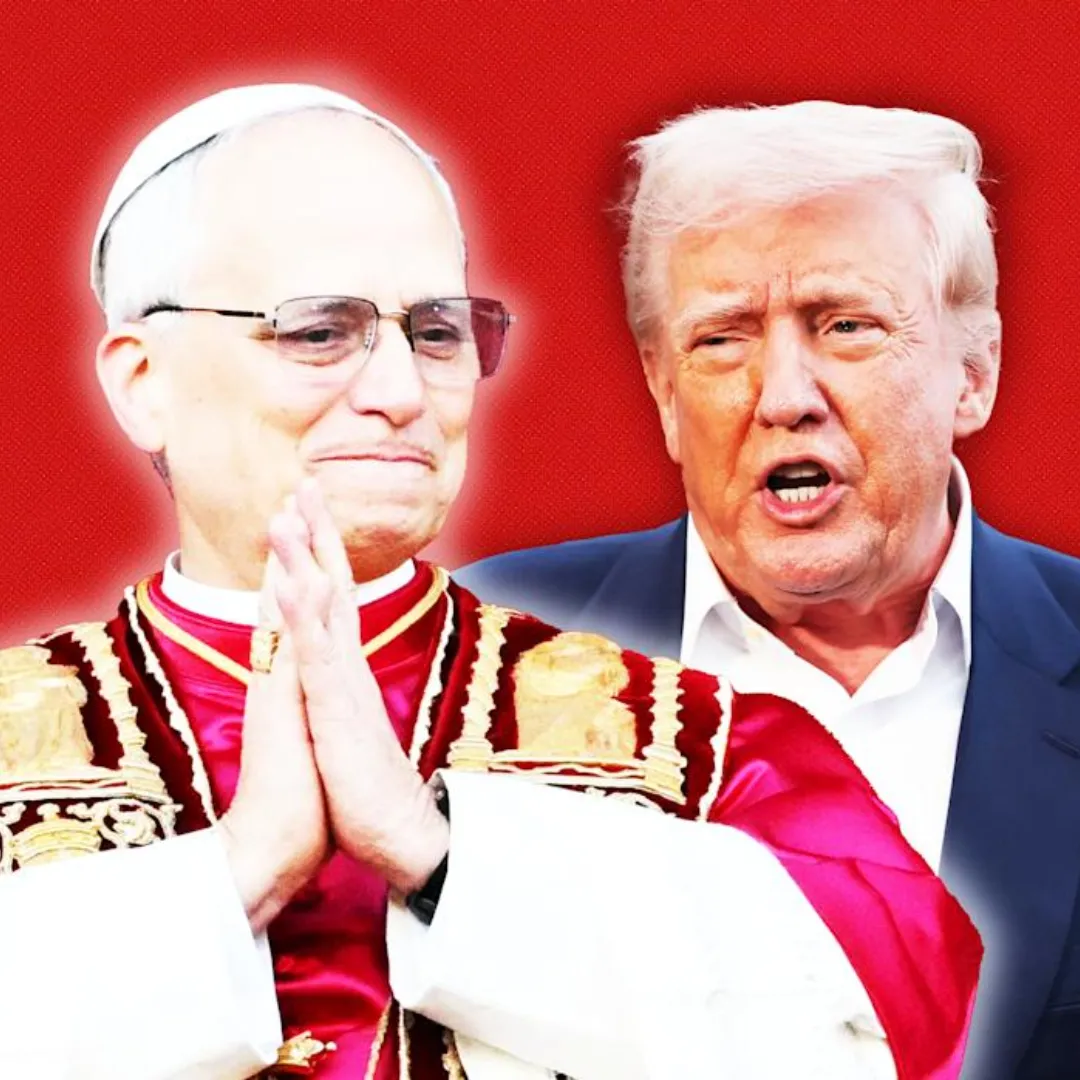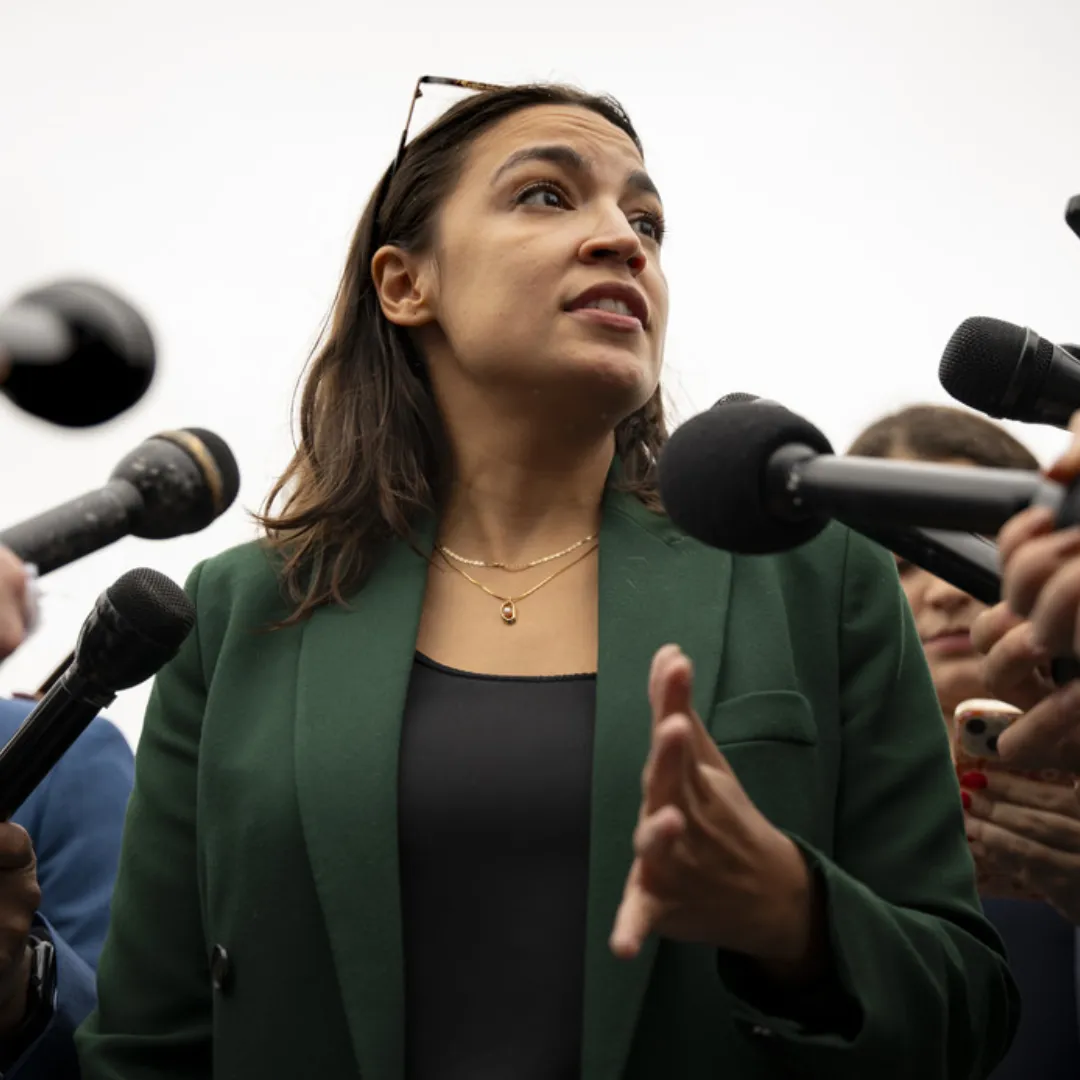
Minnesota Governor Tim Walz is preparing to make a significant national political statement as he is set to deliver keynote speeches at both the South Carolina and California Democratic Party conventions on May 31, events that are being closely watched by insiders for signs of future presidential ambitions.
These appearances mark a highly strategic move given the importance of both states in shaping the Democratic Party's national trajectory. South Carolina is the critical first voting state in the restructured Democratic primary calendar and is widely recognized for its ability to propel candidates into national prominence through the support of its large base of African American voters.
Meanwhile, California is not only the most delegate-rich state in the country but also the largest bastion of progressive Democratic politics. By appearing at both events on the same day, Walz is signaling a clear intent to position himself at the forefront of the Democratic conversation ahead of 2028, even if no formal announcement has been made.
His sudden reemergence on the national stage, after playing a brief but memorable role as Kamala Harris’s running mate during an abbreviated and ultimately unsuccessful campaign, has reignited conversations about whether Walz is quietly laying the foundation for a future White House bid.
While much of the media attention has been focused on a handful of high-profile national Democrats, Walz’s brand of Midwestern pragmatism and his record as a governor, veteran, and former teacher has attracted new interest among both progressive activists and moderate donors eager for a candidate who can bridge the cultural divide between urban liberals and rural, working-class voters.
His visit to Harvard last month, where he made provocative comments about political communication and cultural resonance, was widely interpreted as a trial balloon for testing his message on a national audience.
Speaking candidly at the Kennedy School’s Institute of Politics, Walz reflected on his role in the campaign with Harris and said he believed he was chosen for the ticket because of his unique ability to connect with blue-collar Americans, stating bluntly that he could “code talk to white guys watching football” and “fixing their truck.”
The comment, both self-aware and politically calculated, underscored the party’s struggle to reconnect with non-college-educated white voters who have increasingly turned to Republicans in recent election cycles.

Walz did not shy away from the failures of the Harris-Walz ticket, acknowledging that strategic missteps and a lack of clear messaging had undermined their efforts, but he emphasized that he remained committed to helping the Democratic Party rebuild and retool its communication strategy ahead of the next presidential election cycle.
During that same event, Walz delivered a warning that resonated strongly among Democratic strategists and grassroots organizers. He said that while Donald Trump had never stopped campaigning since his infamous descent down the Trump Tower escalator in 2015, Democrats had allowed themselves to fall into complacency.
In his words, “Donald Trump has been running since he came down that damn escalator and never stopped. We have to do the same thing or we’re not going to win.” That message of urgency and year-round mobilization struck a chord with many within the party who have grown frustrated by the institutional inertia and lack of sustained field operations between election cycles.
Walz’s rising profile is no accident. His political operation has been quietly expanding its reach, building relationships with party leaders and activists in early primary states, and attending high-profile events that suggest an intent to become a national figure.
The decision by South Carolina Democrats to invite him as a keynote speaker is particularly notable, as it reflects growing interest in Walz’s political message and the demographic appeal he may bring to a primary field that will likely be crowded and ideologically diverse.
In a post on social media platform X, the South Carolina Democratic Party praised Walz for his people-first approach to leadership and described him as a national figure deserving of attention.
That message was echoed by California Democratic Party Chair Rusty Hicks, who called Walz a trailblazer with a record of fighting for working families and promoting core values like fairness, dignity, and opportunity. For many within the party, Walz represents the kind of candidate who could defuse culture war battles and instead emphasize economic issues and community investment.
As governor of Minnesota, Walz has focused on expanding access to education, investing in rural infrastructure, supporting unions, and promoting public health policies that prioritize equity and scientific integrity. His response to the COVID-19 pandemic was marked by early action, transparency, and aggressive use of executive authority, which earned him both praise and criticism.

His administration’s handling of racial justice protests following the murder of George Floyd drew national attention, as Minnesota became ground zero for a broader reckoning over policing and systemic inequality. In navigating that crisis, Walz sought to strike a balance between affirming the right to protest and addressing public safety concerns, a difficult line that he says taught him valuable lessons about executive leadership under pressure.
Those lessons are likely to inform the speeches he delivers later this month, as both the South Carolina and California conventions will be attended by key influencers in Democratic politics including donors, organizers, local officials, and national media.
Though Walz has yet to signal definitively whether he will run in 2028, his public rhetoric and travel schedule suggest that he is keeping the option open and actively cultivating a broader constituency.
The New York Times was the first to report Walz’s upcoming appearances, framing them as part of a deliberate strategy to expand his visibility beyond Minnesota and reconnect with the national base he briefly touched during his vice-presidential campaign.
Strategically, the dual appearances give Walz the opportunity to test how his message plays in two very different parts of the Democratic coalition. In South Carolina, the focus will likely be on economic justice, healthcare access, education, and protecting voting rights, issues that resonate deeply among Black voters who form the backbone of the Democratic primary electorate in the South.
In California, Walz will likely address climate change, technology, housing affordability, and union support, themes that appeal to the state’s massive and diverse liberal base. His ability to speak credibly to both groups will be seen as a key indicator of whether he can successfully unify the party across demographic and ideological lines.
Behind the scenes, some party insiders are already discussing how Walz’s resume stacks up against other potential 2028 candidates. His service in the National Guard, his years in the classroom as a high school geography teacher, and his reputation as a consensus-builder in the Minnesota state legislature are seen as assets in a political environment where voters increasingly value authenticity and relatability over flash and celebrity.
Unlike other Democrats whose national ambitions have been long rumored and closely scrutinized, Walz has the advantage of surprise.
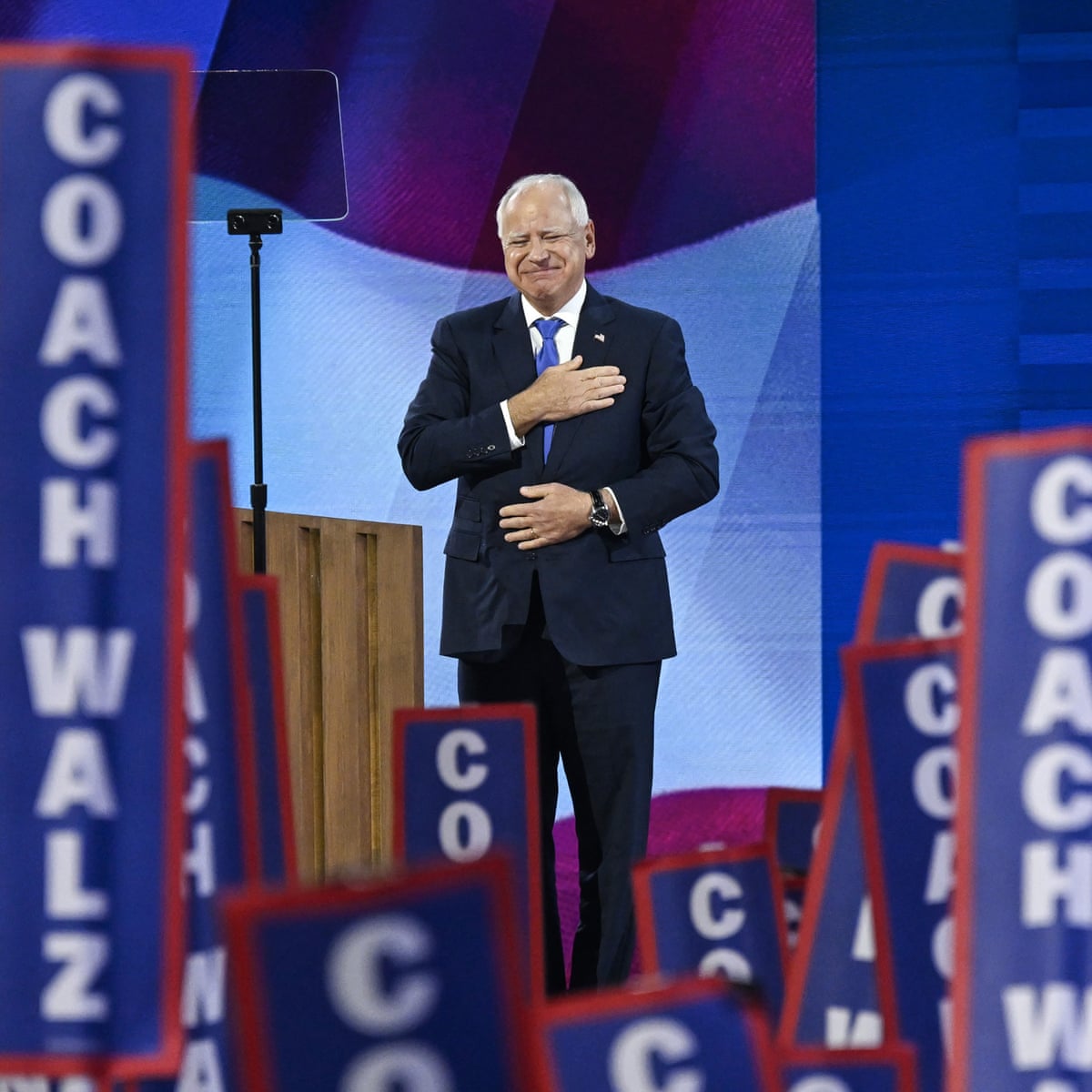
His name recognition remains relatively low outside the Midwest, which gives him room to introduce himself to voters on his own terms and avoid the baggage that often accompanies more established figures.
For that reason, some political strategists believe he could emerge as a dark horse candidate capable of outperforming expectations in early primaries, particularly if he is able to leverage his background to appeal to voters who feel ignored by both parties.
His critics, however, argue that Walz lacks the charisma and fundraising capacity needed to mount a serious presidential bid. They point out that his national exposure during the Harris campaign was limited and that his strengths as a state executive may not translate to the bruising terrain of a national campaign.
Still, even skeptics acknowledge that his entry into the national conversation comes at a time when the Democratic Party is in search of a new generational voice that can bridge divides and inspire a sense of mission. As the party braces for a potentially chaotic primary season in 2028, voices like Walz’s — grounded, plainspoken, and regionally distinct — may offer a counterbalance to more polarizing figures
Whether or not he ultimately chooses to run, his speeches on May 31 will be watched closely by donors, activists, and political operatives looking for clues about the next chapter of Democratic leadership.
With the spotlight now firmly on him, Governor Tim Walz will have the opportunity to show whether he has what it takes to move from a statehouse in St. Paul to the national stage. And in doing so, he may quietly begin writing the first lines of a presidential campaign that has yet to be announced but is already being imagined in quiet corners of Democratic power.
